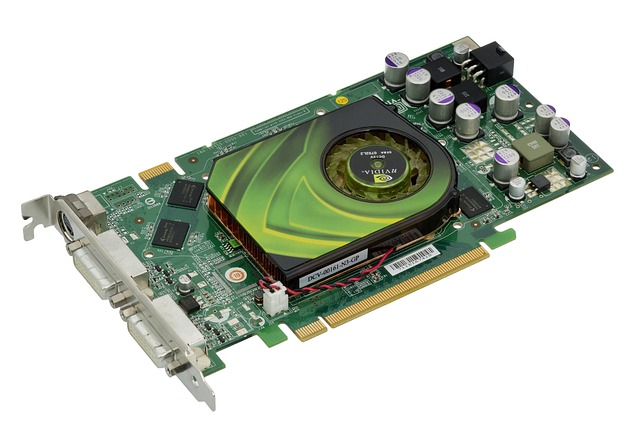
Nvidia's Strategic Shift: Launching Affordable AI Chips in China Amidst U.S. Export Restrictions
In response to recent U.S. export restrictions, Nvidia is set to launch a more affordable AI chip tailored for the Chinese market. This strategic move aims to maintain Nvidia's presence in China while adhering to U.S. regulations.

Background: U.S. Export Restrictions and Their Impact on Nvidia
The Genesis of Export Controls
In 2023, the U.S. government imposed stringent export controls on advanced semiconductor technologies, citing national security concerns. These measures restricted companies like Nvidia from exporting high-performance AI chips to China, a move intended to curb China's technological advancements in artificial intelligence.
Nvidia's Response to the Restrictions
To comply with these regulations, Nvidia developed modified versions of its AI chips for the Chinese market. The H20 chip, previously Nvidia's most advanced AI processor, was adapted to meet the export controls. However, the U.S. government later imposed additional restrictions, effectively barring the H20 from being sold in China. (reuters.com)
Nvidia's New Strategy: Affordable AI Chips for China
Introduction of the Blackwell Architecture
In response to the evolving regulatory landscape, Nvidia unveiled its Blackwell architecture in March 2024. This new series of AI chips is designed to offer enhanced performance while adhering to export restrictions. The Blackwell chips are expected to be mass-produced later this year, with the B200 model being 30 times faster than its predecessor in certain tasks. (ndtv.com)
Collaboration with Chinese Tech Firms
Nvidia plans to collaborate with Chinese technology firm Inspur for the launch and distribution of the Blackwell-based AI chip, tentatively named the "B20." Shipments are planned to start in the second quarter of 2025. (scmp.com)
Competitive Landscape: China's Domestic AI Chip Manufacturers
Huawei's Ascend 910C
Despite U.S. sanctions, Huawei Technologies is preparing to launch its new AI chip, the Ascend 910C, in October 2024. The chip aims to rival Nvidia's offerings and is reportedly being tested by major Chinese internet and telecom companies, including ByteDance, Baidu, and China Mobile. (proactiveinvestors.com)
Iluvatar CoreX
Founded in 2015, Iluvatar CoreX is a Chinese technology company specializing in AI chip development. The company has been compared to Nvidia due to their similar focus and has established strong government ties, including partnerships with entities like the Shanghai Supercomputer Center. (en.wikipedia.org)
Horizon Robotics
Established in 2015, Horizon Robotics focuses on AI chips for self-driving cars and advanced driver assistance systems. In October 2022, Volkswagen Group invested $2.3 billion to establish a joint venture with Horizon Robotics, named Carizon, aimed at developing in-house vehicle software for Volkswagen. (en.wikipedia.org)
Implications for the Global AI Chip Industry
Nvidia's Market Share in China
Nvidia's market share in China has experienced a significant decline, dropping from 95% to 50% over four years. This shift is largely attributed to U.S. trade restrictions and the rise of domestic competitors. (ft.com)
China's Advancements in AI Despite Sanctions
Despite facing U.S. export controls, China has made significant progress in AI. Companies like Alibaba and Tencent released top-performing AI models in 2024, demonstrating China's resilience and innovation in the field. (time.com)
Conclusion
Nvidia's introduction of affordable AI chips tailored for the Chinese market represents a strategic adaptation to the evolving regulatory environment. While facing increased competition from domestic Chinese manufacturers, Nvidia's efforts underscore the dynamic and competitive nature of the global AI chip industry.